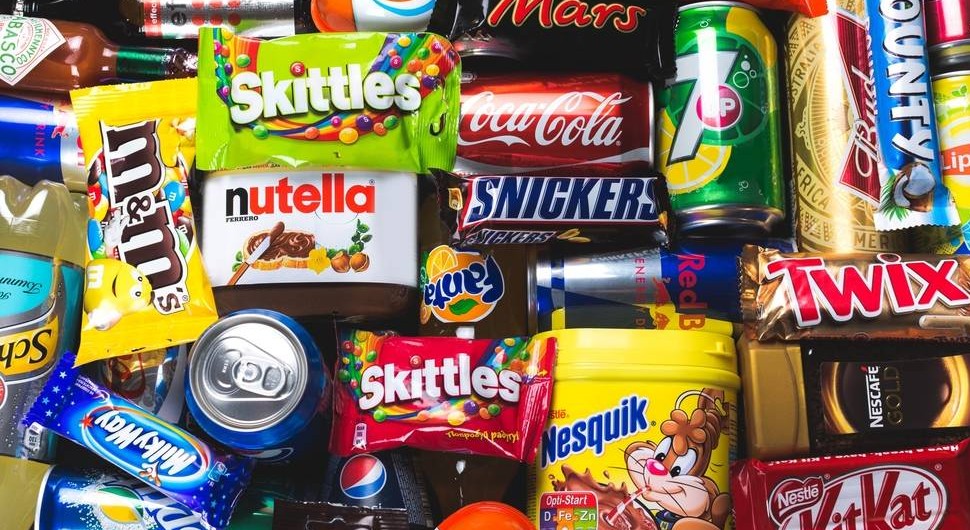The Obesity Strategy will see new legislation ban food high in fat, sugar or salt (HFSS) from being placed in prominent locations in stores, such as at checkouts and entrances, and online. Shops will be encouraged to promote healthier choices and offer more discounts on food like fruit and vegetables. It will also restrict the promotion of foods high in fat, sugar, such as ‘buy one get one free’ offers.
Talking Retail has contacted the government to ask whether there will be an exemption for small stores, but is yet to receive a response.
The Association of Convenience Stores (ACS) has called for the impact on small stores to be taken into account.
In addition, new laws will ban the advertising of HFSS on television and online before 9pm when children are most likely to see them. Ahead of this, the government will hold short consultation on whether the ban on online adverts for HFSS, should apply at all times of day.
A new consultation will also be launched on plans to provide calorie labelling on alcohol. Alcohol consumption has been estimated to account for nearly 10% of the calorie intake of those who drink, but research shows the majority of the public (80%) is unaware of the calorie content of common drinks and many typically underestimate the true content.
The government will also launch a consultation on the current ‘traffic light’ labelling system to learn more about how this is being used by consumers and industry, compared to international examples.
In addition, new laws will require large restaurants, cafes and takeaways with more than 250 employees to add calorie labels to the food they sell.
The plan is being launched alongside the new “Better Health” campaign, led by Public Health England, which will call on people to embrace a healthier lifestyle and to lose weight if they need to, supported by a range of evidence-based tools and apps.
Health secretary, Matt Hancock, said: “Everyone knows how hard losing weight can be so we are taking bold action to help everyone who needs it. When you’re shopping for your family or out with friends, it’s only fair that you are given the right information about the food you’re eating to help people to make good decisions.
“To help support people we need to reduce unhelpful influences like promotions and adverts that affect what you buy and what you eat. Taken together, supported by an inspiring campaign and new smart tools, will get the country eating healthily and losing the pounds.
“We know obesity increases the risk of serious illness and death from coronavirus – so it’s vital we take action on obesity to protect the NHS and improve our nation’s health.
In response, Tim Rycroft, chief operating officer at the Food and Drink Federation, said: “It is extraordinary that the government is proposing a ban on promotions of food and drink in retail at such a precarious economic time. With household budgets more stretched than ever before, the Scottish Government recently reversed its decision to press ahead with promotional restrictions. They said the Covid crisis had rendered their impact assessments meaningless. Why are things different in England?
“Government is pulling in different directions. From August the chancellor is paying for people to eat out whilst the health secretary is proposing banning promotions on the same foods in supermarkets.
“Further, there is very limited evidence that these measures will effectively tackle obesity. The UK government’s own figures suggested that proposed bans on advertising and promotions combined would only reduce children’s average calorie consumption by 17 calories per day.”
He added: “If price promotions are banned, already hard-pressed shoppers can expect to see their weekly shop become more expensive, at a cost of £600 per family. We have already seen evidence of this during the current crisis. Government policies should not put further pressure on rising food costs, which will disproportionately hit the tightest household budgets.
“Manufacturers, meanwhile, will see little point in introducing lower-sugar or lower-calories variants of their products into a market in which it will not be possible to advertise or promote them to shoppers.”
 Talking Retail Grocery and product news for independent retailers
Talking Retail Grocery and product news for independent retailers






